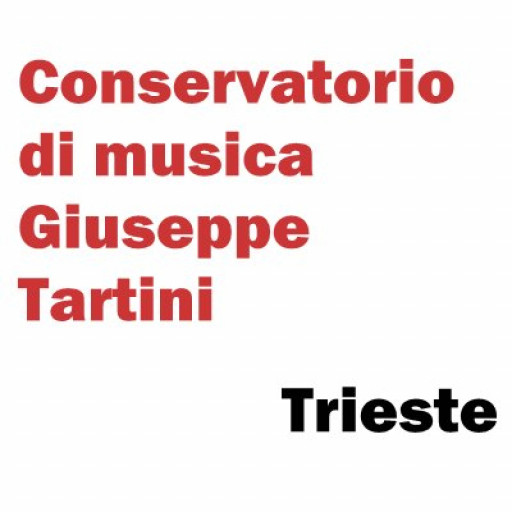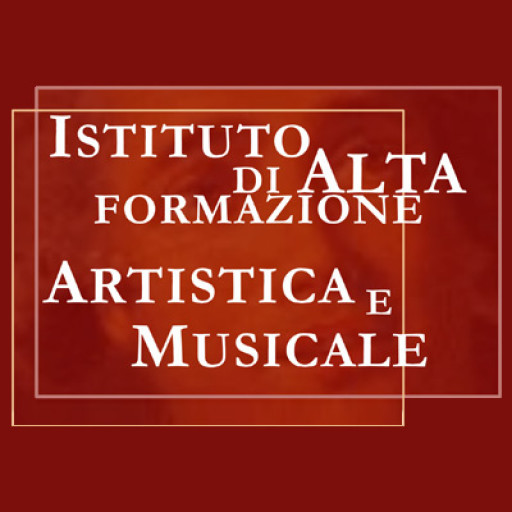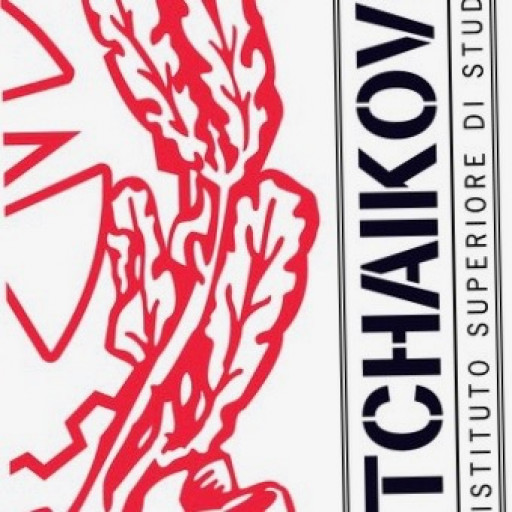Photos of university / #unikentlive
Music at the University of Kent offers a comprehensive and inspiring program designed to develop students’ understanding, performance, and creation of music across a broad spectrum of styles and contexts. Our degree emphasizes both the historical and contemporary significance of music, providing students with a solid foundation in music theory, analysis, performance, composition, and technology. Through a combination of practical and academic modules, students are encouraged to explore their musical interests deeply and creatively, gaining skills applicable to various careers within the music industry and related fields.
The program features a diverse curriculum that includes subjects such as music history, ethnomusicology, music technology, composition, and performance. Students have the opportunity to engage in individual and ensemble performances, workshops, and recordings, fostering practical skills and collaborative experiences. The university provides access to state-of-the-art facilities, including recording studios, performance spaces, and computer suites equipped with industry-standard software. This ensures students can experiment, create, and refine their work within a professional environment.
In addition to technical and theoretical learning, students benefit from the expertise of experienced staff who are active musicians and researchers. The program encourages critical thinking, analytical skills, and the ability to contextualize musical works within cultural, social, and historical frameworks. Moreover, the program supports independent research and culminates in a final year project where students can pursue their specific interests in music, whether that be composition, performance, ethnomusicology, or musicology.
Throughout their studies, students are also encouraged to take advantage of numerous performance opportunities and collaborations with local arts organizations, enriching their practical experience and professional network. The degree prepares graduates for diverse career paths such as performing artist, composer, music producer, music educator, researcher, or roles within the media, arts management, and digital music industries. With a flexible and interdisciplinary approach, the University of Kent’s Music program aims to produce well-rounded, innovative musicians equipped to contribute creatively and critically to the world of music.
Detailed Course Facts
Application deadline January 15 Tuition fee- GBP 9000 Year (EEA)
- GBP 14860 Year (Non-EEA)
- Total Kent credits: 360
- Total ECTS credits: 180
- Total Kent credits: 360
- Total ECTS credits: 180
- English
Course Content
The course structure below gives a flavour of the modules that will be available to you and provides details of the content of this programme. This listing is based on the current curriculum and may change year to year in response to new curriculum developments and innovation. Most programmes will require you to study a combination of compulsory and optional modules, you may also have the option to take wild modules from other programmes offered by the University in order that you may customise your programme and explore other subject areas of interest to you or that may further enhance your employability.
Stage 1
Possible modules may include:
MU321 - Music Composition and Artsblend
MU322 - Music Studies 1
MU324 - Sonic Art
MU325 - Music Performance 1
Stage 2
Possible modules may include:
MU521 - Composition, Orchestration and Arrangement
MU525 - Music Studies 2
MU528 - Cinema for the Ears: Composing with Sound and Space
MU529 - Interdisciplinary Project
MU524 - Found Image, Found Sound
MU532 - Ensemble Performance
MU522 - Songwriting 2
MU519 - Music Performance 2
MU520 - Popular and World Music
MU619 - Music In Education
MU614 - Music and Sound for Film and Television
Year in industry
The Year in Industry gives you an opportunity to gain relevant workplace experience as part of your programme of study. We have long recognised the benefits of taking a year abroad and the increased awareness and confidence the experience brings and now want to offer these benefits to students within the workplace.
The year in industry will also give you an opportunity to increase your contacts and network so that you can hit the ground running when you graduate.
The year in industry is in addition to your standard undergraduate programme and normally falls between your second and final year. The year itself is assessed on a pass/fail basis through employer feedback and a written report that you submit.
Stage 3
Possible modules may include:
MU518 - Critical Study and Presentation
MU600 - Dissertation
MU602 - Individual Project
MU531 - Music Performance 3
MU530 - Interdisciplinary Project
MU526 - Popular and World Music
MU523 - Found Image, Found Sound
MU617 - Professional Practice
MU618 - Music in Education
MU620 - Cinema for the Ears: Composing with Sound and Space
MU621 - Technology in Performance
MU622 - Ensemble Performance
English Language Requirements
IELTS band : 6.5
To study at this university, you have to speak English. We advice you to
take an IELTS test.Requirements
Home/EU students
The University will consider applications from students offering a wide range of qualifications, typical requirements are listed below, students offering alternative qualifications should contact the Admissions Office for further advice. It is not possible to offer places to all students who meet this typical offer/minimum requirement.
Qualification Typical offer/minimum requirement- A level:ABB-BBB including B in Music/Music Technology. For non-A level candidates grade 6 or equivalent level of ability in music required.
- GCSE:C in English
- Access to HE Diploma:The University of Kent will not necessarily make conditional offers to all access candidates but will continue to assess them on an individual basis. If an offer is made candidates will be required to obtain/pass the overall Access to Higher Education Diploma and may also be required to obtain a proportion of the total level 3 credits and/or credits in particular subjects at merit grade or above.
- BTEC Level 3 Extended Diploma (formerly BTEC National Diploma):Distinction, Merit, Merit
- International Baccalaureate:34 points overall or 16 points at HL including Music 5 at HL or 6 at SL
Work Experience
No work experience is required.
Want to improve your English level for admission?
Prepare for the program requirements with English Online by the British Council.
- ✔️ Flexible study schedule
- ✔️ Experienced teachers
- ✔️ Certificate upon completion
📘 Recommended for students with an IELTS level of 6.0 or below.
Related Scholarships*
- Academic Excellence Scholarship
"The Academic Excellence Scholarship can provide up to a 50 % reduction in tuition per semester. These scholarships will be renewed if the student maintains superior academic performance during each semester of their 3-year Bachelor programme. The scholarship will be directly applied to the student’s tuition fees."
- Access Bursary
Bursary for UK students all subjects where the variable tuition fee rate is payable.
- Alumni Bursary
Alumni Bursary for UK Undergraduate students
* The scholarships shown on this page are suggestions first and foremost. They could be offered by other organisations than University of Kent.
The Music program at the University of Kent offers a comprehensive exploration of the art form, combining both practical and theoretical studies to prepare students for diverse careers within the music industry. The curriculum includes a wide range of modules that cover music history, composition, performance, recording technology, music theory, and ethnomusicology. Students have access to state-of-the-art facilities, including recording studios, performance spaces, and computer labs equipped with the latest software for music production and analysis. The program emphasizes both individual creative development and collaborative projects, fostering skills in teamwork, critical thinking, and technical proficiency. Students can participate in a variety of ensembles, workshops, and live performances, providing valuable hands-on experience. The university’s central location offers proximity to a vibrant arts scene, enabling students to engage with professional musicians, attend concerts, and take advantage of networking opportunities. Additionally, the program encourages research and scholarship, with options to undertake independent projects or dissertations that deepen understanding of specific musical genres, composers, or cultural contexts. The university supports student development through mentoring, industry links, and opportunities for internships, helping graduates to find careers in performance, music production, education, arts management, and beyond. The vibrant campus community, combined with dedicated academic staff and extensive resources, creates an enriching environment for aspiring musicians and scholars alike.











